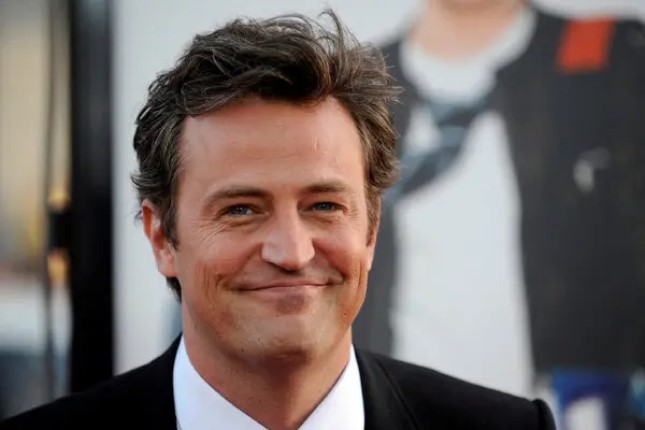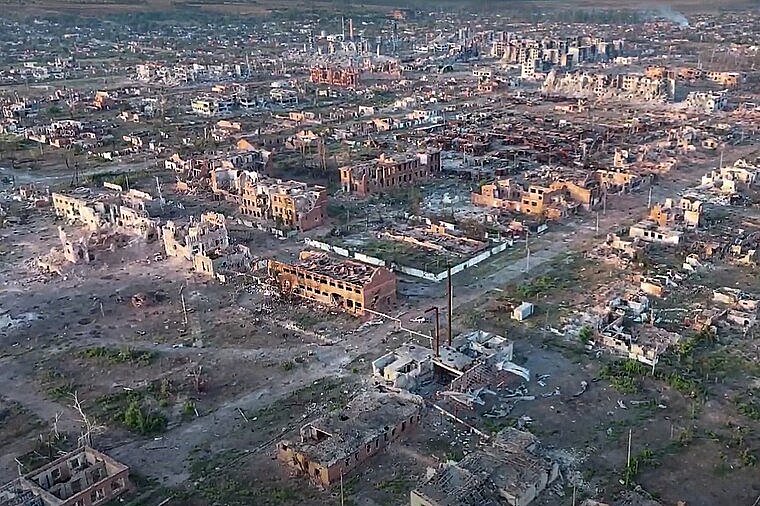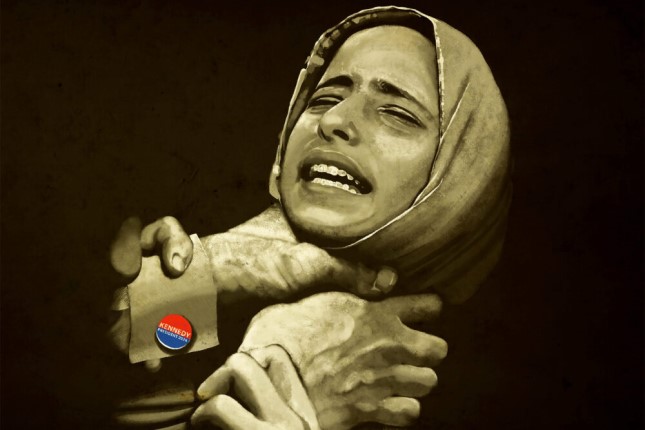The actor was found unresponsive in a hot tub behind his house, according to law enforcement sources, who spoke to the Los Angeles Times.
While no drugs were found at the scene, sources told the Times, “prescription medications were recovered at the home and hence toxicology will be part of the investigation.” The Los Angeles County coroner’s office, which has deferred its findings pending further testing, will determine the cause of death.
Perry was nominated for several Emmy awards for his role in all 234 episodes of Friends (1994-2004) on NBC and for appearances as an associate White House counsel in the fourth and fifth seasons (2003) of the popular The West Wing political drama for the same network.
Perry, born in Williamstown, Massachusetts, in 1969 and raised in Ottawa, Ontario, has been speaking publicly for many years about his struggles with substance abuse and addiction. In a memoir published a year ago, Perry recounted that he became an alcoholic at age 14 and later became addicted to pain killers following a jet ski accident at age 28. At one point, he admitted he was taking 55 Vicodin pills per day.
The actor suffered many health problems caused by opioid abuse, including spending two weeks in a coma and undergoing 14 stomach surgeries. Perry explained he could not remember three years of his life while appearing on Friends. He also revealed he had had 15 stays in rehab and 65 attempts at detoxification. At one point during an emergency treatment, Perry’s family was told by hospital staff that he had a 2 percent chance of survival.
By all accounts, despite his serious illnesses, Perry was a decent and caring man who admirably dedicated himself and his estimated $100 million personal wealth to helping others with similar addictions.
In a 2022 podcast to promote his memoir, Perry said, “The best thing about me, bar none, is that if somebody comes to me and says, ‘I can’t stop drinking, can you help me?’ I can say ‘yes’ and follow up and do it.” Perry then added, “When I die, I don’t want Friends to be the first thing that’s mentioned. I want that to be the first thing that’s mentioned. And I’m gonna live the rest of my life proving that.”
While Perry’s demise is certainly tragic and shocking, it is not entirely surprising. He is one of a very long list of Hollywood and music industry celebrities who have met death as a result of alcoholism or drug abuse, or both. That phenomenon is so often part of the lifestyle or associated with the devastating ups and downs of stardom in the cruel, rapacious multi-billion dollar entertainment industry, which specializes in damaging human beings. Nothing is so destructive in American popular culture as success.
In this context, however, readers should consider critically the inordinate attention, airtime and front-page column inches given over by the corporate media to reporting on the life and death of Matthew Perry, who was, by any objective measure, a relatively minor figure in television acting.
The evening television news programs Sunday devoted a third or more of their time to Perry’s passing, with anchors reading somber, pretentious obituaries and “on-the-spot” reporters chiming in with superficial and predictable biographical details. The coverage was vast, omnipresent but thoroughly shallow, with the usual media combination of titillation and moralizing about such celebrity deaths. The emphasis given to the actor’s death seriously suggested that this was the most important development going on in the world this past weekend.
In the first place, this is a conscious attempt to black out the horrifying genocide and ethnic cleansing being conducted against the Palestinians in Gaza by the Israeli military, with the enthusiastic support of the White House and Congress and every Western power. Moreover, the news media in the US is engaged in deliberately concealing the size and significance of the massive demonstrations occurring on every inhabited continent against the Israeli mass murder. The death of Matthew Perry, from the point of view of the American media, largely an arm of the Pentagon and CIA, came as a godsend—Here was something they could truly sink their teeth into!
The disproportionate attention paid to Perry was a transparent effort to divert public attention from one of the greatest war crimes committed since the end of World War II, a war crime being carried out in the manner of the Nazis. The political and media establishment is terrified of the widespread public opposition to the mass death and destruction and that opposition’s increasing depth and breadth within the population. The establishment is desperate to find ways and means of keeping the reality from reaching the public.
The news media is not interested in or capable of telling the public the truth about what is happening in Gaza, even though workers and young people are finding out about it anyway, especially through the social media activity of those not controlled by any state apparatus or “authoritative” news source.
There are other issues here as well. No doubt the great financial success of Friends, some of whose leading performers were talented, but which, in the end, was a banal and lazy series, resonates with the people who run the entertainment industry. They are perpetually obsessed with finding new means of packaging unchallenging material to the public in “unusual, edgy” ways. The dull and apathetic presented as sexy and hilarious—how can the Friends formula be repeated?
Many of those who run film and television belong to Perry’s generation. In some fashion, they identify with him, possibly what was weakest about him, or at least they are drawn to the drama of his life as a central and vital one. To such people, frankly, Perry’s story is more weighty and compelling than the death of 10,000 Palestinians and the threat to hundreds of thousands more.
Drug addiction is a mass phenomenon, but its association with wealth, privilege, boredom and having too much time on one’s hands, is not the story of opioid addiction in the working class and among the most oppressed.
Again, we point to the appalling fact, which needs to be remembered, that in the midst of a bloody war awash with crimes of a world-historical character, major US television news programs and newspapers devoted much of their time and energy to treating the death of a minor television actor. To the extent that the mass murder in Gaza is not reported and exposed, the liars and scoundrels who own and run the media become the accomplices of the murderers.
Source: World Socialist Web Site.
































